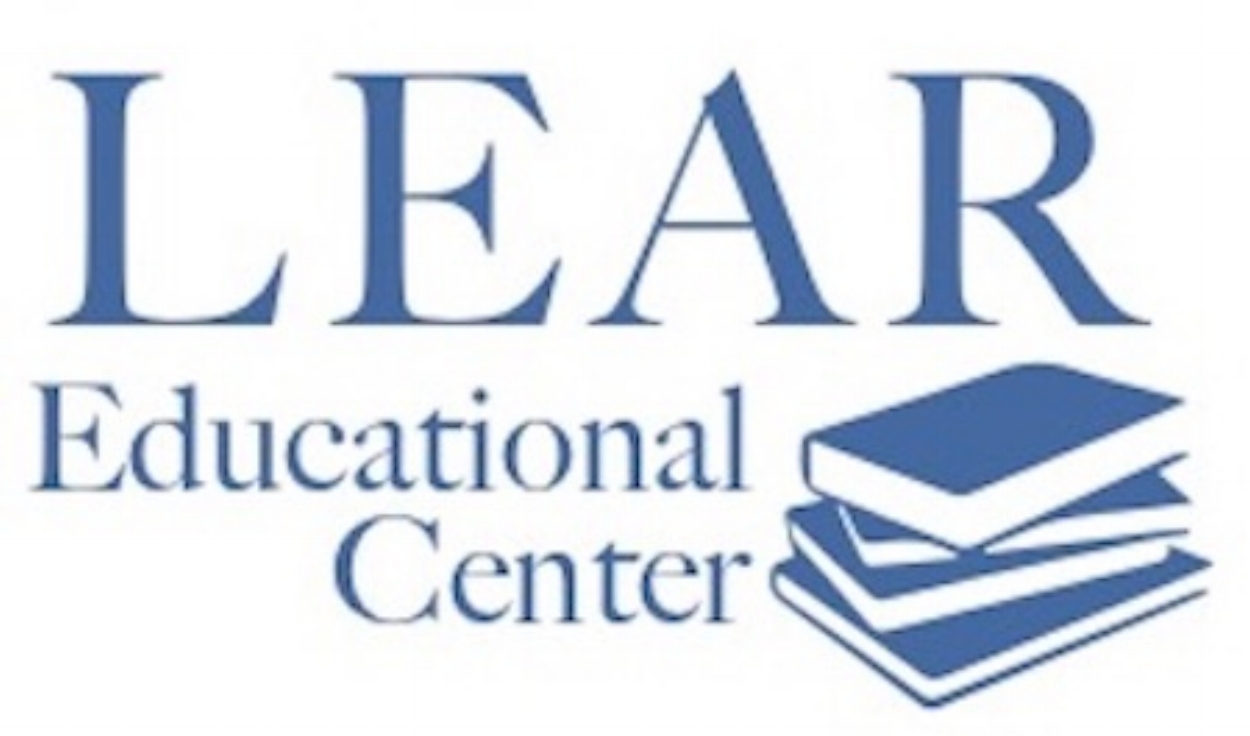Ask the Teachers – They want the best for your student too!
/Teachers want their students to do well in class. And they are the ones who know how your student is doing. In addition to class work, homework, and test performance, they're aware of your student's participation in class. They notice if students are staring into space, doodling, or turning aside to talk with their friends. Teachers notice fidgeting, squirming, foot-tapping, day-dreaming, and sleeping too.
If your student is falling behind in class, ask your student to tell you about his classroom experiences.
Is he sitting too far away to hear the teacher clearly? Does he sit too far away to see the blackboard clearly?
Does he ask questions when he doesn't understand what the teacher has explained? Does he take notes? Does he write too slowly or illegibly? Does he have difficulty writing numerals?
Is he sitting among students who intimidate him so that he is reluctant to participate? Is he sitting near students who lead him into distractions? Could it be that he is the one who is causing distractions?
Teachers can judge if homework and test answers show careless mistakes or indicate that the student doesn't have the basic knowledge needed to provide correct answers.
Does your student keep up with his homework conscientiously? Is he being disrupted during his study time by text messages or cell phone calls, television programs or music?
It's best to get help for your student before he falls so far behind his classmates that he becomes frustrated and loses his self-confidence and motivation.
Prepare a list of what you want to discuss with your student’s teacher. Gather together any doctor reports, hearing and vision evaluations, and school papers that are relevant. Make an appointment to speak with your student’s teacher in person. Note down the teacher’s comments regarding issues, suggestions, recommended testing, and remediation.
Arrange an action plan with target dates for implementation. Write down information regarding guidance counselors, evaluators, and therapists who are to be contacted. Learn which school officials will be coordinating the program.
You may need to request evaluations or provide consent in writing. Be certain to know who is to be contacted for follow up and when.
Your student may be eligible for an Individual Education Plan or he may be eligible for educational assistance through a 504 Plan. Both of these are provided through federal law and the Pennsylvania School Code as free and appropriate education.
Lear Educational Center is here to help students maximize their potential. We interface with schools, working with the curriculum appropriate for each student. We specialize in teaching students with learning differences, helping them meet IEP and remediation goals.
At Lear Educational Center we use programs that are widely acclaimed for their success in teaching students with learning differences. These programs include the Wilson Reading System, Lindamood-Bell, Saxon Math, and Orton-Gillingham.
We provide supportive, one-to-one, individualized academic coaching and scholastic tutoring on all levels, primary through college, and for most subjects. Our students learn study skills and strategies so that they can meet the classroom challenges of today and those of tomorrow.
At Lear Educational Center we also provide preparation for ACT, PSAT, SAT and other standardized tests.
Our tutoring services are available on campus, online, or at our facility.
Lear Educational Center - providing tutoring services to students from Allentown, Bethlehem, Easton,
the Greater Lehigh Valley and Northwest New Jersey since 2000



































